How AI is Changing The Vertical Drama Landscape
The rise of mobile first viewing has transformed the entertainment landscape. Vertical dramas; short, snackable series designed specifically for smartphones, have become a new frontier for storytelling. And now, artificial intelligence (AI) is pushing the boundaries of what’s possible in this space.
AI as a Creative Partner
Traditionally, creating a drama series requires hours of writing, shooting, and editing. AI is starting to streamline these processes, acting as a creative partner rather than a mere tool. From generating scripts to suggesting shot compositions, AI can help creators experiment more quickly and cost effectively.
For instance, AI can analyze audience preferences and trending themes to propose storylines likely to resonate. It can even help with dialogue, producing natural sounding conversations while maintaining a character’s voice and tone. This means writers can focus on the emotional core of the story while AI handles some of the heavy lifting.
Streamlining Production
Beyond writing, AI is being integrated into the production process itself. Tools powered by AI can generate storyboards, suggest camera angles for vertical framing, and even assist with casting by analyzing actors’ suitability for specific roles. Post production also benefits: AI-driven editing tools can automatically adjust pacing, transitions, and color grading optimized for mobile screens.
The result? Smaller teams can produce high quality content more efficiently, levelling the playing field and opening doors for independent creators to compete with larger studios.

Personalisation and Interactive Experiences
One of the most exciting applications of AI in vertical dramas is personalisation. AI can track how viewers engage with a series, where they pause, rewind, or drop off and adapt storylines in future episodes. Some creators are even experimenting with AI powered branching narratives, where viewers’ choices shape the outcome of the story in real time.
This creates a level of interactivity previously impossible in traditional media and deepens audience engagement in a medium already defined by intimacy: the personal, handheld screen.
Challenges and Limitations
However, the rise of AI in vertical drama is not without serious challenges. One major concern is audience retention. While AI can optimize content for clicks and engagement metrics, over reliance on algorithm driven storytelling can lead to formulaic plots or emotionally flat narratives, causing viewers to lose interest quickly.
Another concern is job displacement. As AI begins generating scripts, dialogue, visuals, and even digital actors, there is a real risk that writers, actors, animators, and other creative professionals may find fewer opportunities.
For example:
- AI generated characters could replace background actors in crowd scenes.
- AI driven dialogue tools might reduce the need for multiple scriptwriters.
- Virtual avatars or deepfake actors could be used in place of real performers for certain roles.
While AI can make production faster and cheaper, it also raises ethical questions about the future of creative employment and the value of human artistry in storytelling.
Other challenges include:
- Originality concerns: AI generated content can sometimes feel repetitive or derivative, making it harder for creators to produce fresh stories.
- Ethical and bias considerations: AI systems may unintentionally reinforce stereotypes or exclude diverse perspectives if their training data is skewed.
- Over saturation: With faster production cycles, the market could become flooded with vertical dramas, making it harder for individual series to stand out.
The Future of Vertical Drama
AI’s integration into vertical dramas marks a turning point for mobile storytelling. By combining human creativity with AI’s efficiency and insight, creators can produce content faster, more efficiently, and in ways uniquely tailored for mobile audiences.
The key will be balance: leveraging AI to streamline production while preserving human creativity, emotional storytelling, and fair opportunities for actors and other creatives. The most successful vertical dramas will likely be those that use AI as a partner, not a replacement for the people who make stories come to life.



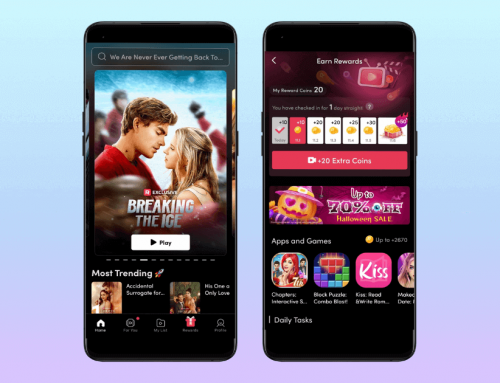



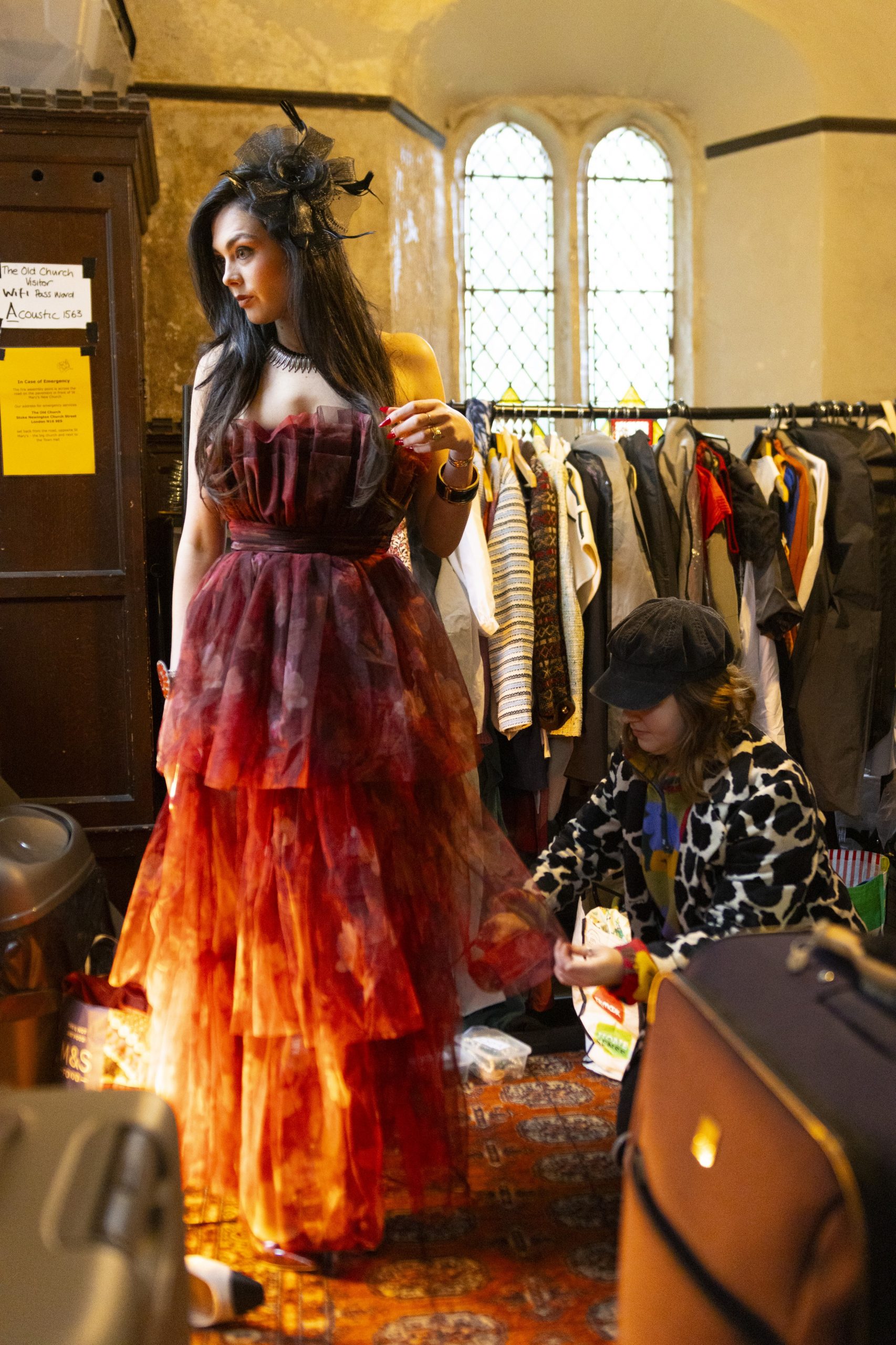



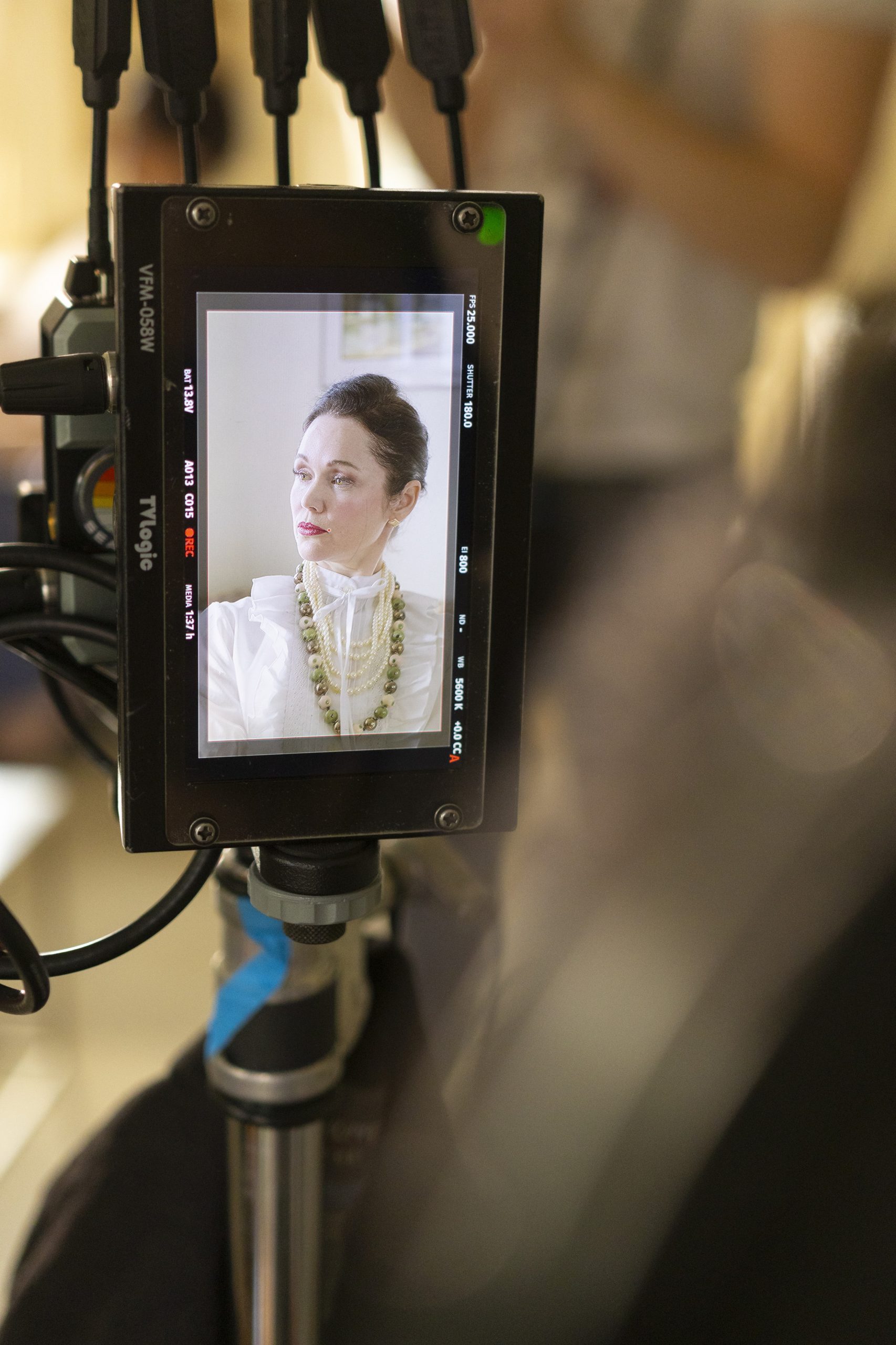
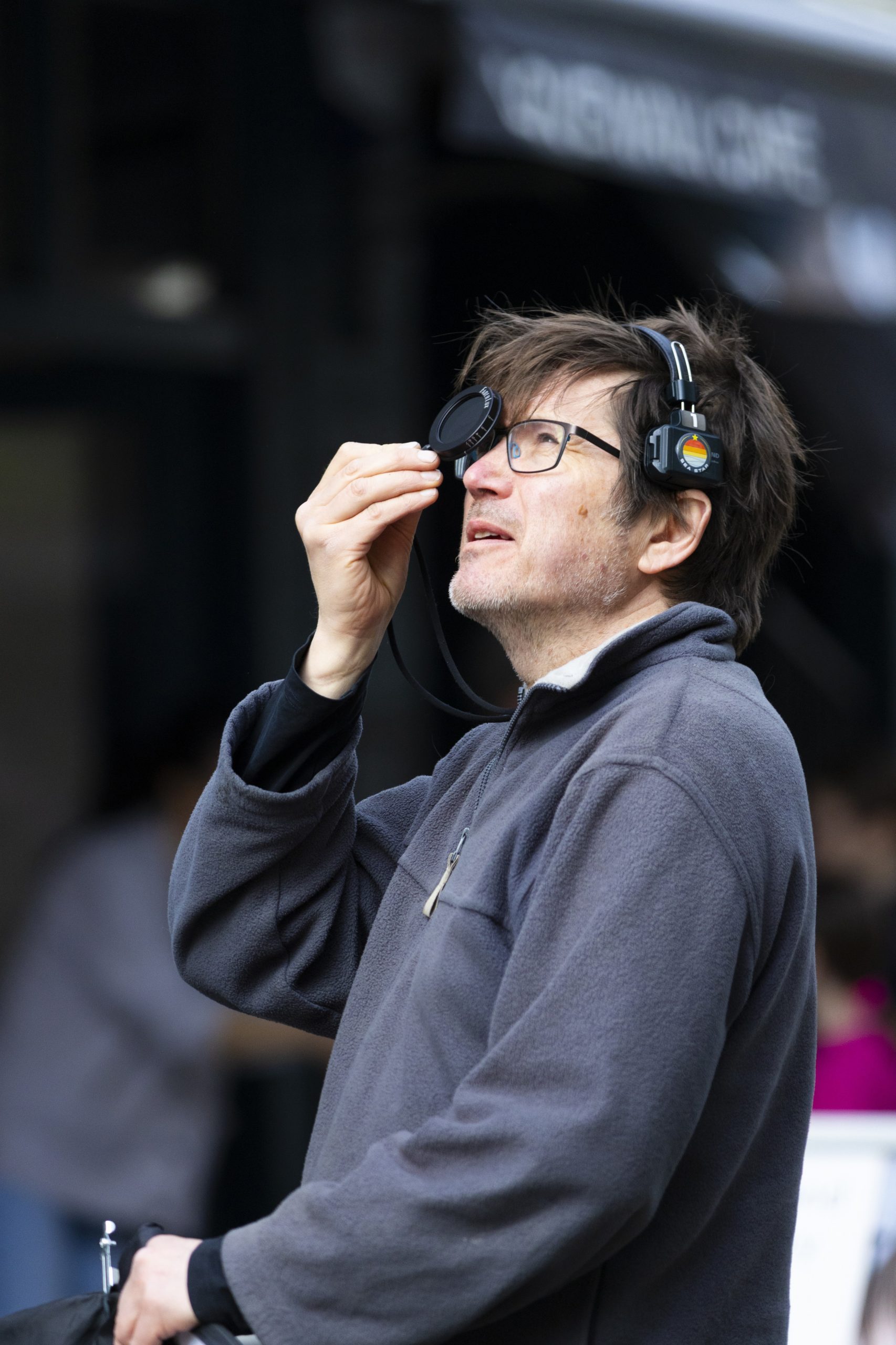
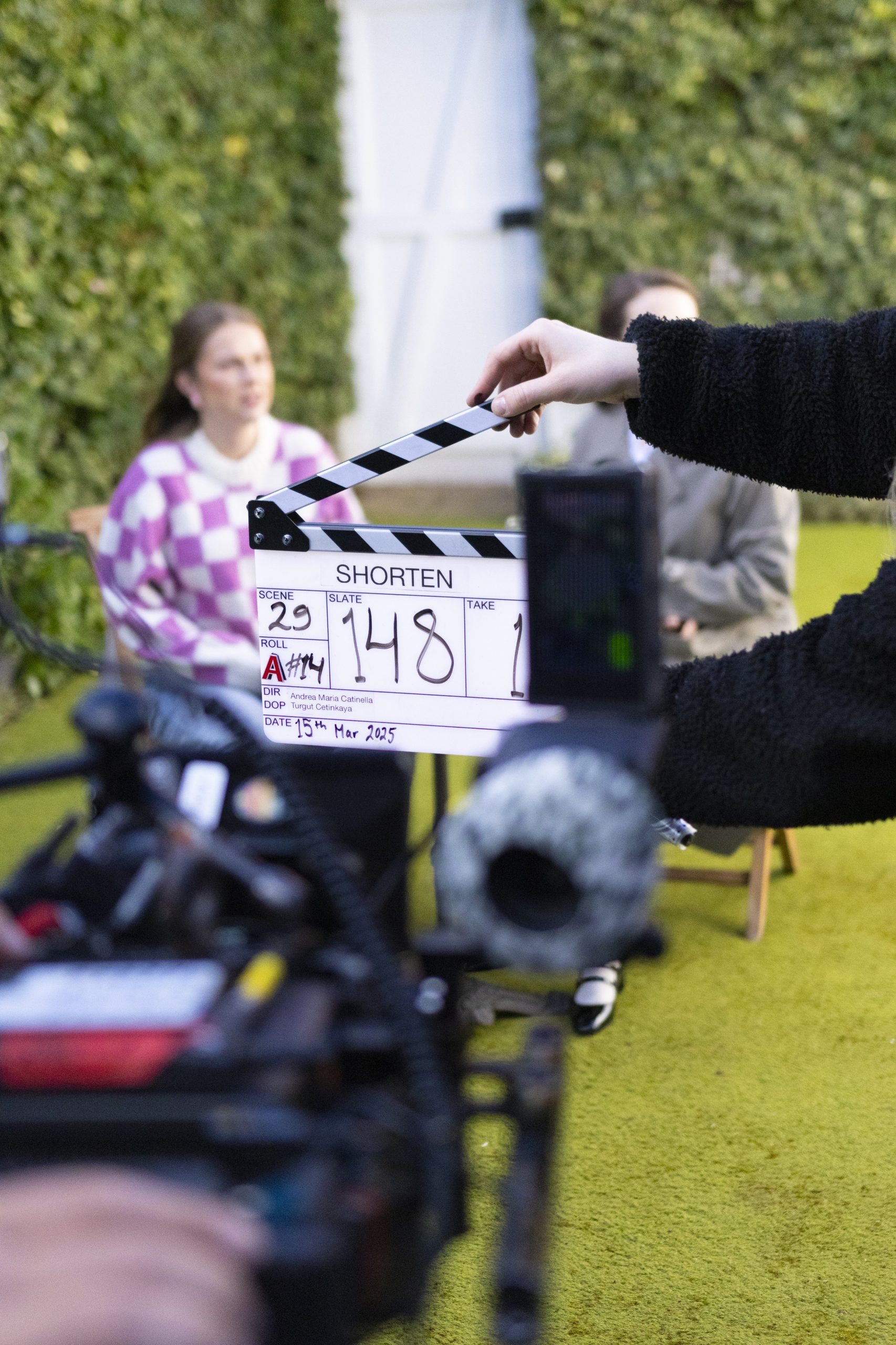

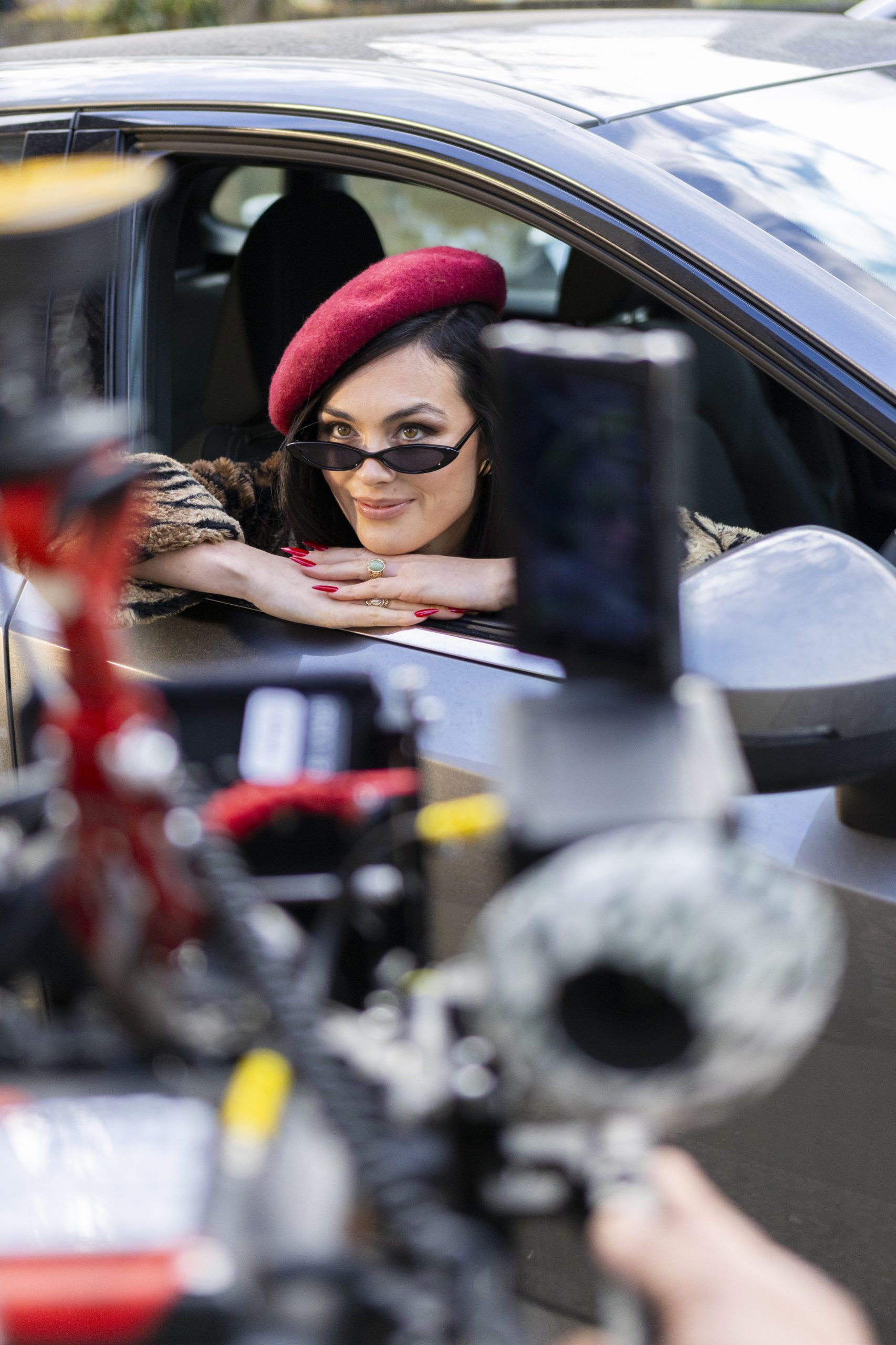

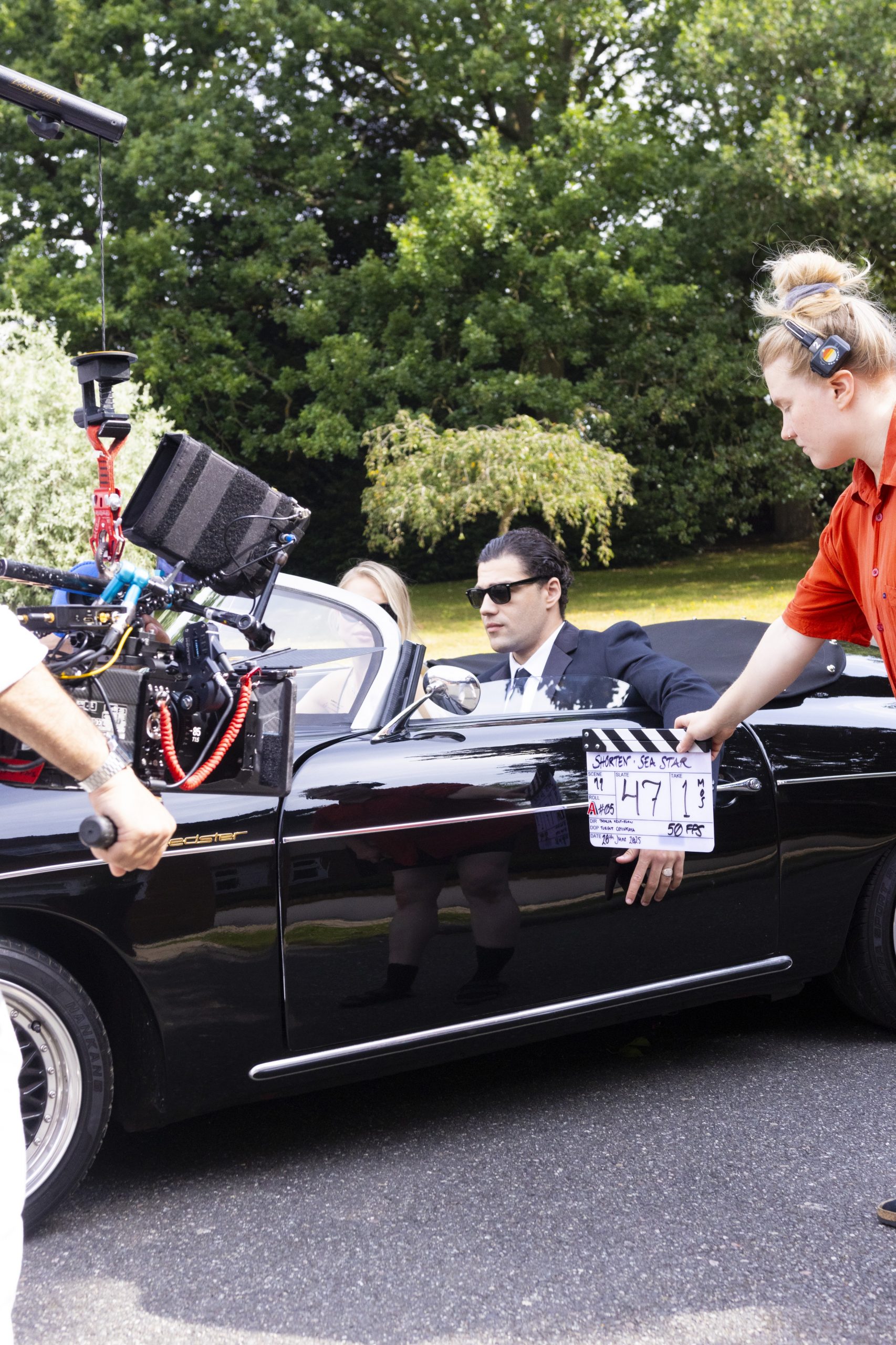
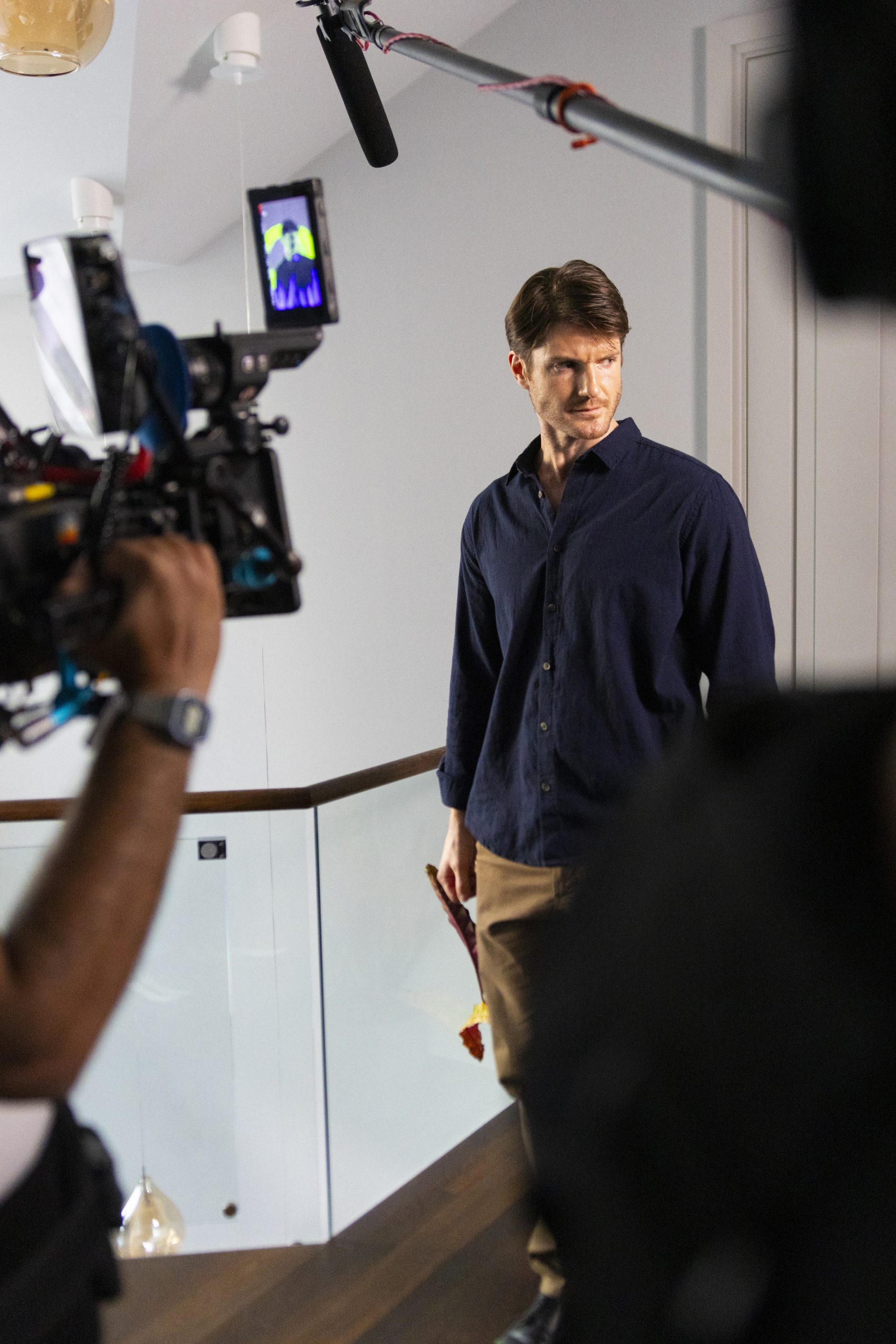

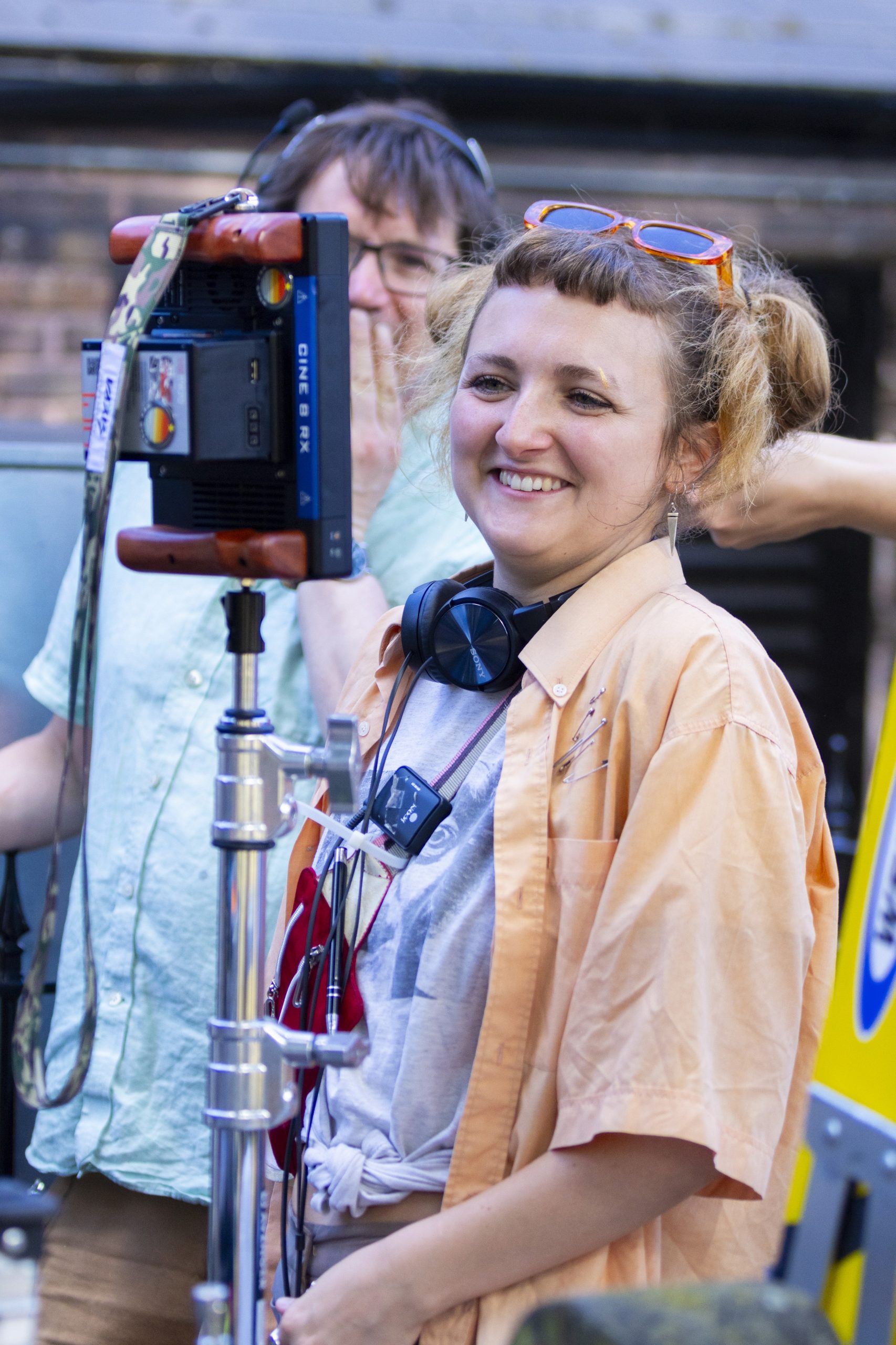
Leave A Comment